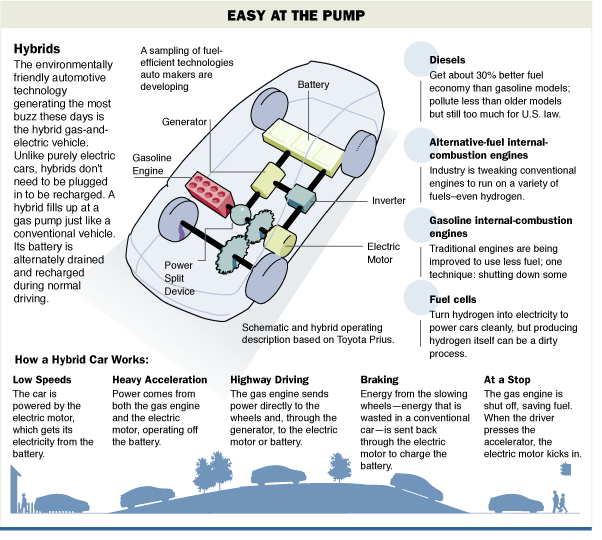> I've read somewhere that emotion are thought by some evolutionary
> biologists (among others) to serve an important function.
> Descartes' Error
>
http://www.amazon.com/exec/obidos/tg.../-/0380726475/
> From an internet description:
> >> In his book Descartes' Error, the neurologist Antonio Damasio
> >> has developed a universal model for human emotions. This model
> >> is based on a rejection of the Cartesian body-mind dualism
> >> that he believes has crippled scientific attempts to
> >> understand human behaviour, and draws on psychological
> >> case-histories and his own neuropsychological experiments. He
> >> began with the assumption that human knowledge consists of
> >> dispositional representations stored in the brain. He thus
> >> defines thought as the process by which these representations
> >> are manipulated and ordered.
> >> One of these representations, however, is of the body as a
> >> whole, based on information from the endocrine and peripheral
> >> nervous systems. Damasio thus defines "emotion" as: the
> >> combination of a mental evaluative process, simple or complex,
> >> with dispositional responses to that process, mostly toward
> >> the body proper, resulting in an emotional body state, but
> >> also toward the brain itself (neurotransmitter nuclei in the
> >> brain stem), resulting from additional mental changes.
> >> Damasio distinguishes emotions from feelings, which he takes
> >> to be a more inclusive category. He argues that the brain is
> >> continually monitoring changes in the body, and that one
> >> "feels" an emotion when one experiences "such changes in
> >> juxtaposition to the mental images that initiated the cycle".
> Perhaps AI scientists should consider adding emotion to the mix?
> And not something to make their interaction with us more pleasant,
> but actually more possible.
Originally Posted by Rick Hirst
 You're the one claiming that utopianism is doomed to failure. By citing the story of Ananias and Sapphira, are you implying that people being struck dead is the inevitable consequence of communitarianism? If so, you are implying that Peter and the other Apostles just didn't "get it"; that their community was doomed from the beginning, so that essentially Ananias and Sapphira's deaths were Peter's fault. That's a very strange thing to say. (Are your trolling skills improving?)
You're the one claiming that utopianism is doomed to failure. By citing the story of Ananias and Sapphira, are you implying that people being struck dead is the inevitable consequence of communitarianism? If so, you are implying that Peter and the other Apostles just didn't "get it"; that their community was doomed from the beginning, so that essentially Ananias and Sapphira's deaths were Peter's fault. That's a very strange thing to say. (Are your trolling skills improving?)







